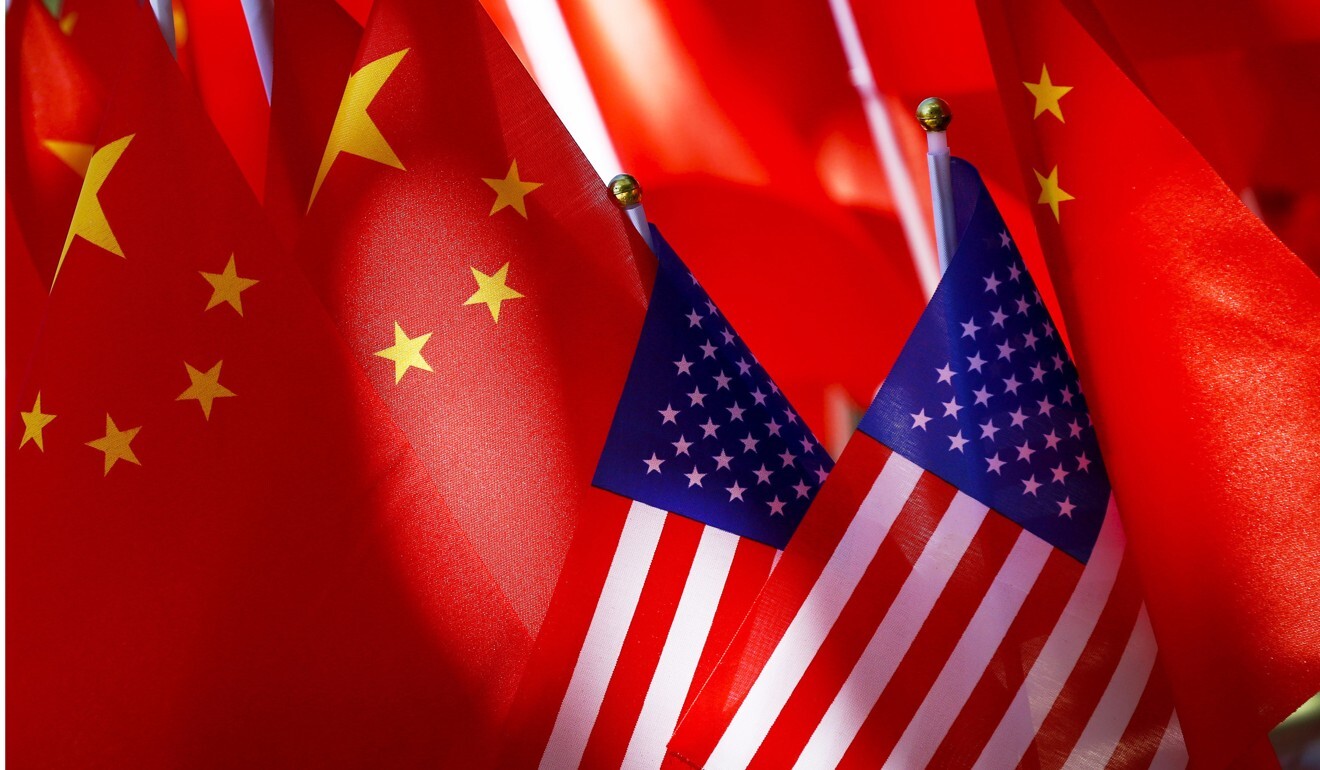
US-China relations: nations should be competitors not rivals, Beijing’s envoy to Washington says
- Regarding China as a ‘strategic rival and imaginary enemy would be a huge strategic misjudgment’, ambassador Cui Tiankai tells forum
- Countries must return to dialogue to repair damage caused during Donald Trump’s presidency, he says
China’s ambassador says it would be a grave mistake for the United States to treat China as a strategic rival, as Beijing pushes to reset its strained relations with Washington.
“We may have competition, but we don’t have to be rivals,” he said. “Taking China as a strategic rival and imaginary enemy would be a huge strategic misjudgment. To develop any policy on the basis of that would only lead to grave strategic mistakes.”

US President Joe Biden’s administration has signalled it will embrace a multilateralist approach on China. Relations between the two countries, after rivalries grew under Trump, fuelled by Beijing’s aggressive foreign policy approach and a hardened anti-China sentiment in Washington.
Cui dismissed calls in the US for Washington to work with its allies and partners to address the China challenge, likening it to “putting old wine in a new bottle”.
“It may cause the same mistakes made in the past and create new imbalances, which will further disrupt regional order,” he said.
US ambassador to UN nominee pledges to counter China’s ‘authoritarian agenda’
Other attendees at the forum – including former Chinese ambassador to the US Zhou Wenzhong, prominent China scholar David Lampton from Johns Hopkins University, former US ambassador to China Max Baucus and former vice-minister of foreign trade Long Yongtu – stressed the need for more strategic dialogue between the countries at all levels.
Washington urges Beijing to stop pressuring Taiwan after airspace incursion reports
Zhu Feng, a professor of international relations at Nanjing University, said there was a need to distance the relationship from “current, very disturbing domestic political disruption” on both sides, calling for power to be used “sparingly and strategically” for flashpoints such as Taiwan.
“If we just always get our relations highly hijacked by domestic politics in the US, as well as in China, then it’s truly worrisome for how and where our relations will be heading,” he said.
Lampton said the two sides needed to restore people-to-people exchanges – such as Beijing allowing the US to send its Centres for Disease Control and Prevention personnel back to China – and install management mechanisms for potential flashpoints on China’s periphery. He told the forum that the Chinese side should not assume that the US had so many domestic problems that it would not be more involved if peace broke down on the Taiwan Strait.

